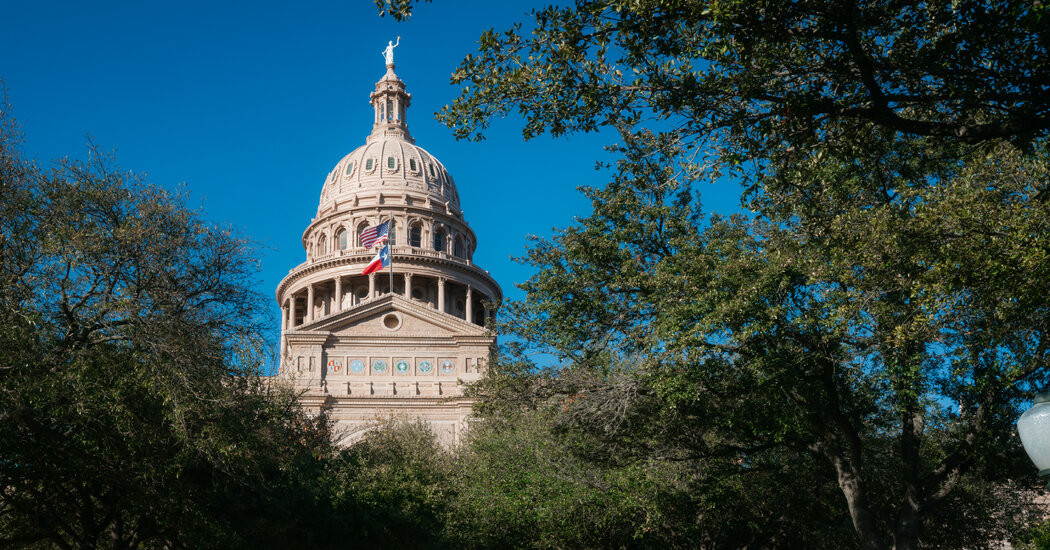

Choice laws have now passed in every major Republican state. Congress and President Trump are now aiming at blue states that have resisted vouchers for decades.
With a big win for school vouchers in Texas in the early hours of Thursday morning, the private-school choice movement conquered the last major Republican-led state.
Next up, the rest of the country.
Voucher advocates will now turn their attention to Washington, D.C., where Republican allies are advancing a bill that could force the concept even on Democratic states that have resisted for decades. In President Trump and Republican leaders in Congress, voucher proponents have friends in the highest of places. They also have a plan for a federal private-school choice program that could pass this year with simple majorities in the House and the Senate.
“It’s a monumental and cascading moment for the school choice movement,” said Tommy Schultz, chief executive of the American Federation for Children, a private-school choice advocacy group.
In recent years, the nation’s Republican-dominated and Democratic-dominated states have gone their separate ways on fundamental issues such as abortion rights, health insurance, climate change and energy policy. On education, red states, in a remarkable procession, have adopted measures to use taxpayer dollars to finance private school tuition and home-schooling.
In many cases, Washington has let the states drift apart. Vouchers might be different.
A national bill would bring private-school choice to states where Democrats and teachers’ unions have always been successful in quashing the concept, contending that vouchers could drain resources from public education, diminish learning standards and leave the most disadvantaged children warehoused in poorly funded public schools.
The federal legislation is structured as a $10 billion tax credit for donations to nonprofit groups that offer private-education scholarships, and as such, it could be included as part of a giant budget reconciliation bill expected to be assembled this summer. If so, it would need only 51 votes in a Senate where Republicans hold 53 seats.